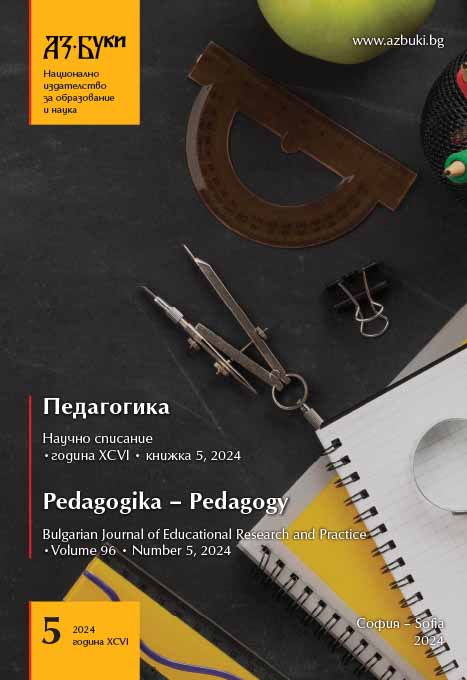Addressing Challenges in Enhancing Team Collaboration and Evaluating Interdisciplinary Projects
Addressing Challenges in Enhancing Team Collaboration and Evaluating Interdisciplinary Projects
Author(s): Borislava KirilovaSubject(s): Social Sciences, Education, School education
Published by: Национално издателство за образование и наука „Аз-буки“
Keywords: project-based learning; project-oriented learning; interdisciplinary project; teamwork; feedback; alternative assessment; rubric
Summary/Abstract: The aim of this paper is to clarify the extent to which collaborative project work needs to be promoted to develop key competences, notably autonomous learning, and effective collaboration, essential in the context of our rapidly evolving world. The impact of different assessment methods on the final outcomes of Project Based Learning (PBL) is examined in its interdisciplinary perspective. The samples encompassed 180 American College of Sofia (ACS) students divided into two cohorts: a control group of 60 and an experimental one of 120. Of particular interest is to examine whether the use of alternative assessment techniques is applicable to an interdisciplinary project and how effective they are in incentivizing teamwork. Recommendations aimed at reducing instances of social loafing and increasing student activity in collaborative project work are also discussed. The assessment tools used to measure the course objectives comprise purpose-designed checklists tailored to the specifics course needs. The research methodology is based on extensive observations of project-related activities, including periodic evaluations, questionnaires on the achievement of intermediate objectives, peer evaluations and teachers’ feedback, culminating in a final project report. In addition, a comparative analysis of the students' academic performance is made, focusing only on the area of mathematics in the context of a multidisciplinary project. This comparative analysis is intended to provide an overall assessment of the efficacy of the alternative assessment techniques used and their suitability for PBL.
Journal: Педагогика
- Issue Year: 96/2024
- Issue No: 5
- Page Range: 655-670
- Page Count: 15
- Language: English
- Content File-PDF

